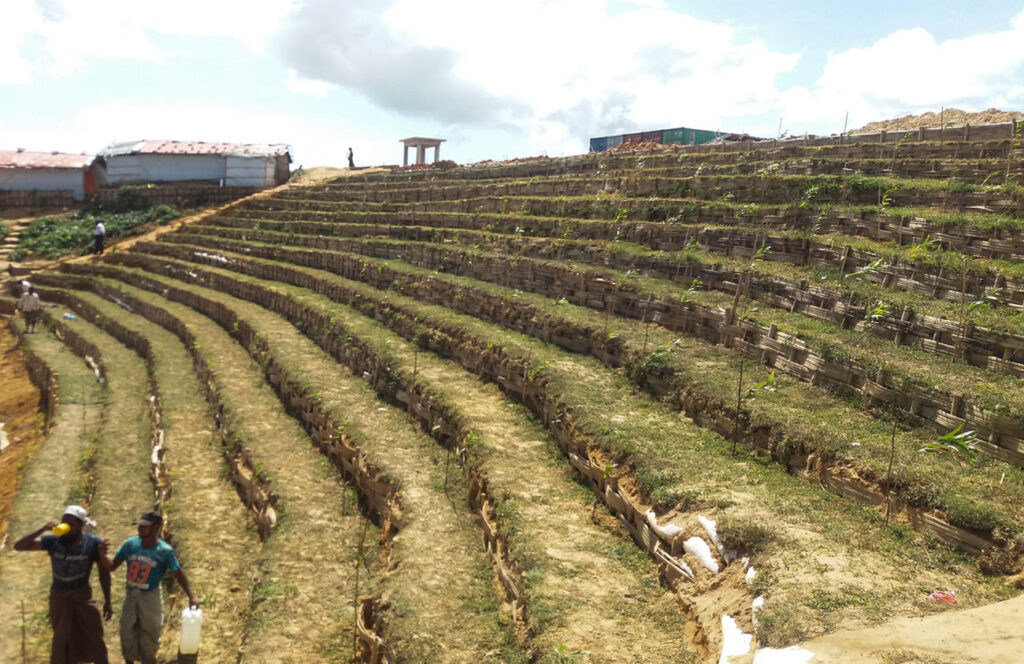Author: Anis Khan
Introduction
Climate change is a global phenomenon that has garnered increasing attention in recent years. It represents one of the most pressing challenges facing humanity in the 21st century. In this article, I will delve into the complex and multifaceted issue of climate change, exploring its causes, impacts, and potential solutions.
Causes of Climate Change
- Greenhouse Gas Emissions
At the heart of climate change are greenhouse gases (GHGs). These gases, including carbon dioxide (CO2), methane (CH4), and nitrous oxide (N2O), naturally exist in the Earth’s atmosphere. However, human activities, particularly the burning of fossil fuels for energy and transportation, deforestation, and industrial processes, have significantly increased the concentration of these gases. The result is an enhanced greenhouse effect, trapping heat from the sun and leading to a rise in global temperatures—a phenomenon known as global warming. - Deforestation
Forests act as carbon sinks, absorbing CO2 from the atmosphere. Deforestation, driven by agriculture, logging, and urbanization, reduces the Earth’s capacity to capture and store carbon. This contributes to elevated CO2 levels and further exacerbates global warming.
The Impacts of Climate Change
- Rising Temperatures: One of the most evident consequences of climate change is the rise in global temperatures. Over the past century, the Earth’s average temperature has increased by approximately 1.2 degrees Celsius (2.2 degrees Fahrenheit). While this may seem modest, even small changes in temperature can have significant repercussions.
- Melting Ice and Rising Sea Levels: Higher temperatures have led to the melting of glaciers and polar ice caps. This, in turn, contributes to rising sea levels. Coastal communities are at risk of inundation, and low-lying island nations face the threat of displacement due to sea-level rise.
- Extreme Weather Events: Climate change intensifies extreme weather events such as hurricanes, droughts, heatwaves, and wildfires. These events have devastating impacts on ecosystems, infrastructure, and human lives.
- Disruption of Ecosystems: Many species are struggling to adapt to the rapidly changing climate. Rising temperatures alter migration patterns and habitats, leading to shifts in ecosystems and potential extinctions.
- Food and Water Security: Changing weather patterns can disrupt agriculture and affect food production. Water resources become scarcer due to altered precipitation patterns, increasing the risk of water scarcity in various regions.
Addressing Climate Change: Potential Solutions
- Transitioning to Renewable Energy: Shifting from fossil fuels to renewable energy sources like solar, wind, and hydroelectric power is crucial for reducing GHG emissions from the energy sector.
- Carbon Pricing: Implementing carbon taxes or cap-and-trade systems can provide economic incentives for companies to reduce emissions.
- Reforestation and Afforestation: Efforts to combat deforestation and promote reforestation and afforestation initiatives can help restore carbon sinks and mitigate climate change.
- Sustainable Agriculture: Adopting sustainable farming practices, reducing food waste, and promoting plant-based diets can reduce the carbon footprint of agriculture.

(Nature-based Solutions – Bangladesh Portal, 2023)
Adaptation Strategies
- Building Resilience: Developing infrastructure and strategies to withstand the impacts of climate change, such as flood defenses and drought-resistant crops.
- Climate Education: Increasing public awareness and education about climate change to encourage sustainable behaviors to people around the world.
- International Cooperation: Global challenges like climate change require international cooperation. Agreements such as the Paris Agreement aim to unite nations in the fight against climate change, setting targets for emissions reduction and climate adaptation.
Conclusion
Climate change is a complicated and urgent issue that demands our attention and concerted action. Its causes are rooted in human activities, primarily the release of houses into the atmosphere. The impacts of climate change are far-reaching, affecting ecosystems, communities, and economies worldwide.
However, there is hope. By reducing greenhouse gas emissions, protecting and restoring forests, adopting sustainable practices, and fostering international cooperation, we can mitigate the effects of climate change and work toward a more sustainable and resilient future.
Addressing climate change is not only an environmental imperative but also a moral obligation to safeguard the planet for future generations. It requires a collective effort from individuals, communities, governments, and industries to combat this global challenge and ensure a habitable world for all.
